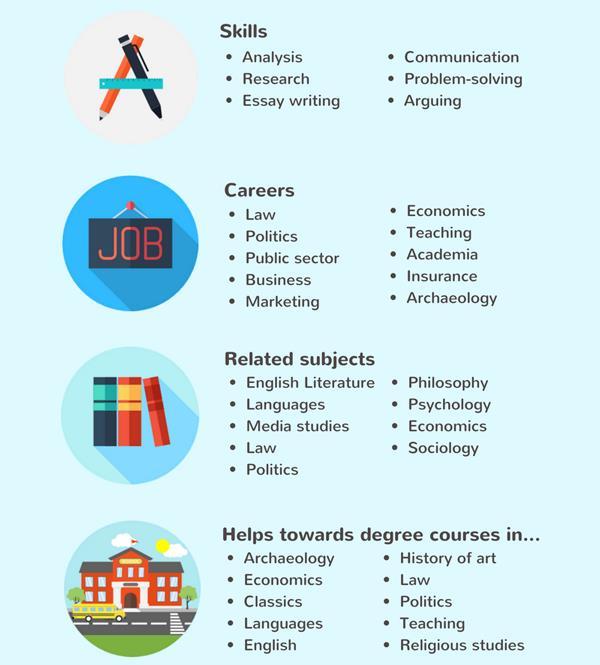
1 minute read
History
“Most of us spend too much time on the last twenty-four hours and too little time on the last six thousand years” Will Durant (1885-1981) Historian and co-author, with his wife Ariel, of “The Story of Civilisation”
What do we teach and why is history important?
Advertisement
Owing purely to time constraints, IGCSE History at St Edmund’s does not cover the last six thousand years but what we do aim to provide our pupils with is a sense of perspective on events in the past and their significance in the modern world. Now more than ever it is important for young people to understand developments of ideologies and movements and why they occurred. In this course, we study four topics ranging in time from c1848 to c1948. The prime focus is the twentieth century world, the rise of dictators in relation to the two world wars and the impact on military and civilian life. In addition, we also cover social history and discuss changes in medicine from the 1800s to the creation of the NHS, which is hugely influential in our lives today.
This course is externally assessed via two papers and there is no coursework- both papers are equally weighted. History provides pupils with not only knowledge of events from the past but develops the skills of critical analysis and forming conclusions based on evidence.
Paper 1
• Topic 3- Germany: Development of dictatorship, 1918-45 • Topic 5- Dictatorship and conflict in the USSR, 1924-53
Paper 2
• Topic A1- The origins and course of the First World War, 1905-1918 • Topic B2- Changes in medicine, c1848-c1948


